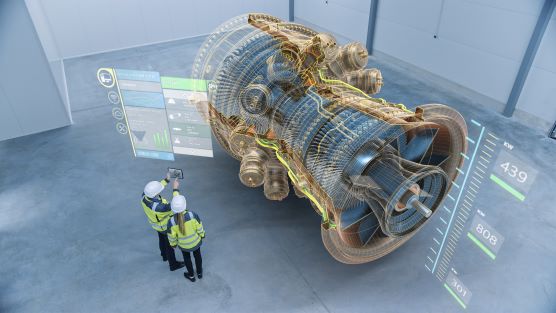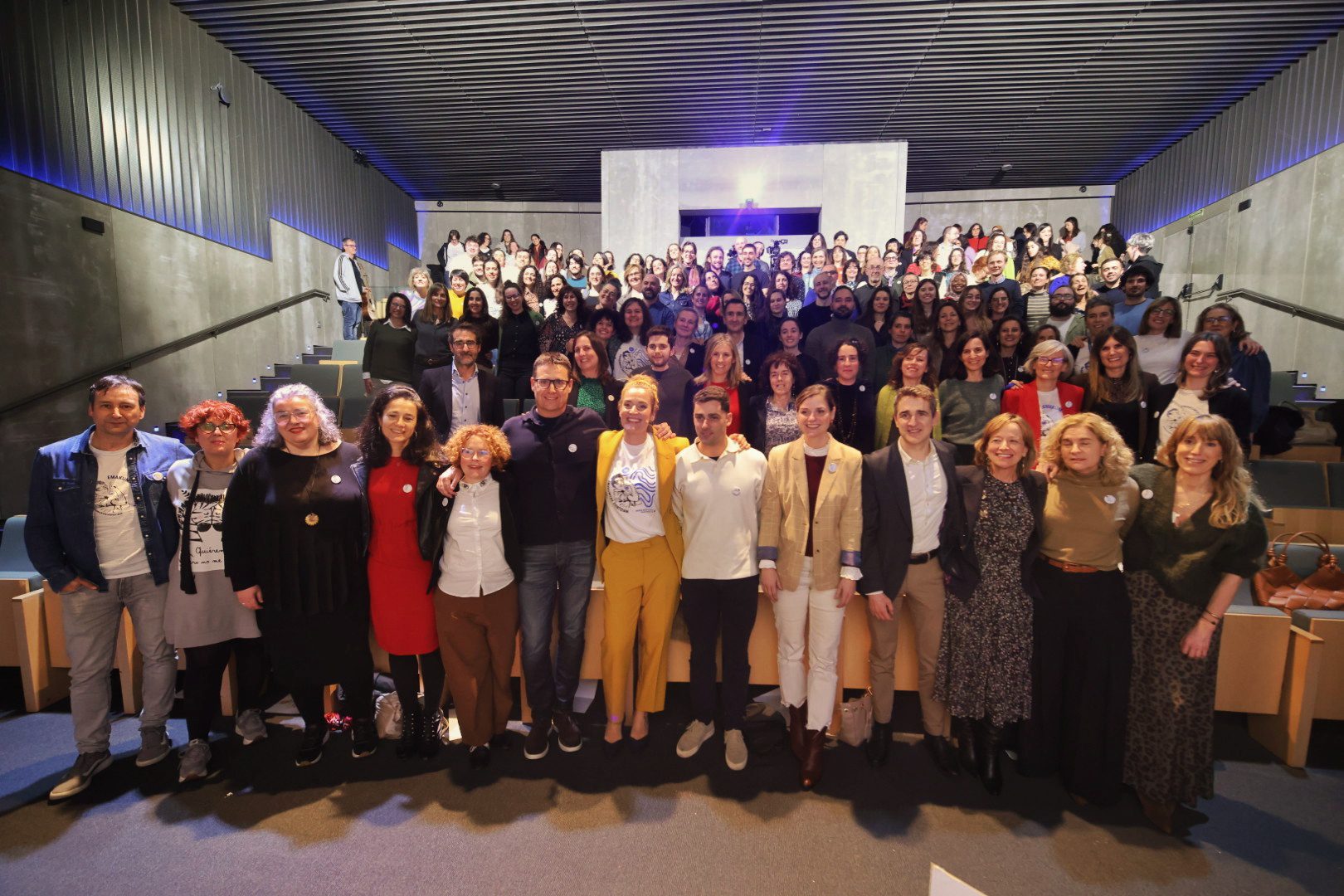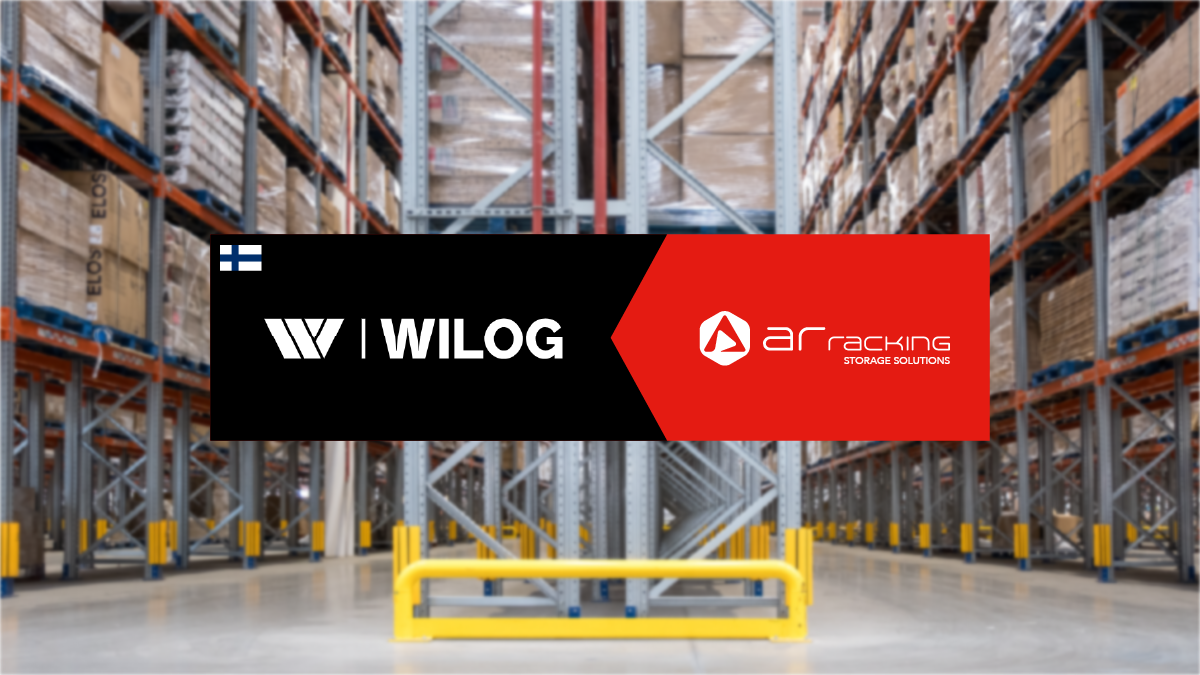Ayesa digitises the manufacturing process of bulky parts to make it more efficient

Addresses the rigidity of supply chains and the lack of flexibility to access different suppliers in the sector.
It creates a digital passport with the traceability of each product and develops AI algorithms to optimise and make the production process sustainable.
Ayesa, a global provider of technology and engineering solutions, through the i3B Innovation Institute, leads the European project REED: ‘Responsive and reconfigurable value network for the manufacture of bulky parts’, funded by the European Commission within the Horizon Europe programme. The objective is to digitise the manufacturing process of large and complex elements used in large infrastructures, in order to make it more efficient and sustainable.
The demand for bulky and complex parts is growing rapidly in sectors such as energy, railways and infrastructures, among others, where goods with a very long useful life are also needed. Their manufacturing process often involves labour-intensive handling and preparation, as well as a final assembly stage. Many of these tasks are completed manually and this sometimes leads to low precision and efficiency, low stability and a high physical burden.
These difficulties mean that few companies are able to produce components to the required standards, even when they have the equipment to do so. In addition, the process of approving subcontractors is very delicate and is usually based on a relationship of trust between customer and supplier: ‘Manufacturers’ accessibility to auxiliary equipment for the configuration, handling and modelling of workpieces is cumbersome and based on word of mouth, which generates rigid supply chains and a lack of flexibility to find alternative partners,’ says Pedro de la Peña, head of the project at Ayesa.
Digitalisation of the production process
This rigidity contributes to the need to identify, monitor and reconfigure traditional supply chains into more flexible and responsive value networks in order to effectively address supply chain challenges.
Thus, the main objective of the REED project ‘is the development of a Manufacturing as a Service (MaaS) platform that will provide enabling technologies, equipment and services for the manufacturing of bulky parts in the capital goods sector, ensuring the quality of the components produced while maximising productivity and minimising environmental impact,’ explains de la Peña. The REED platform will redefine B2B relationships through a networked digital production model.
i3B is leading the project -in a consortium with 14 other European partners-, taking care of all coordination and management activities, and from a technical point of view it will work on three lines: The first one aimed at facilitating secure information exchange through the deployment of a Manufacturing Data Space. ‘This MDS will enable the exchange of assets and models between the different REED stakeholders, for which it will follow the IDS and GAIA-X standards. As a result, a MDS for bulky parts will be implemented for the capital goods sector,’ says de la Peña.
The second line will focus on the development of a DPP (Digital Product Passport) with essential information on the manufacturing steps of the product, including sustainability credentials. Finally, it will participate in the development of AI algorithms to optimise the production process.




